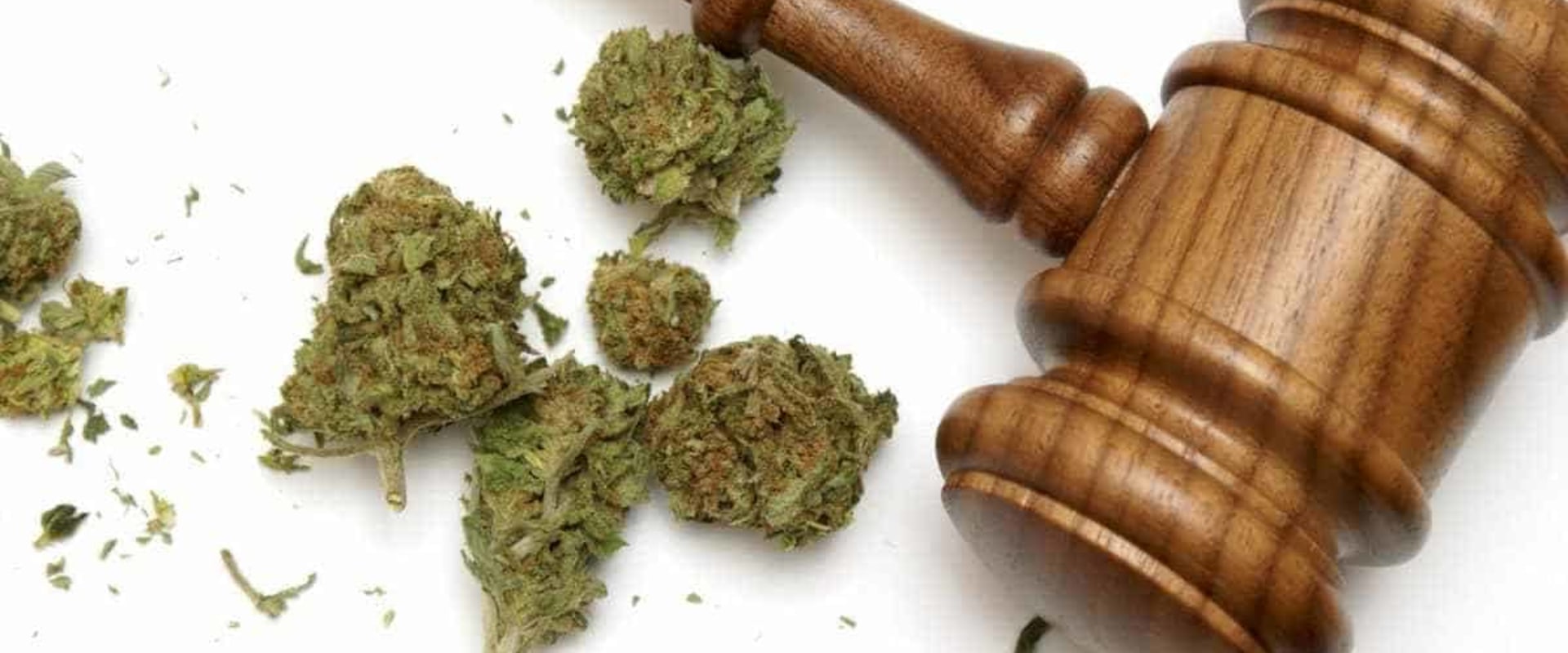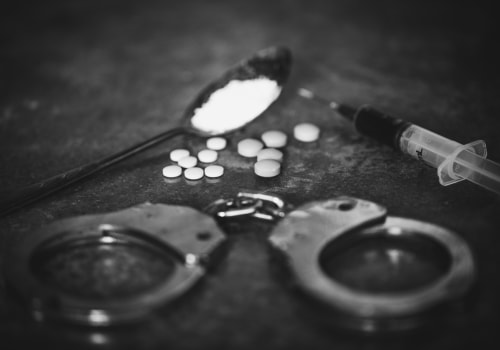Drug possession is the crime of intentional possession of illegal substances, such as marijuana, cocaine, methamphetamine, or heroin.
Drug possession
accounts for more than 80 percent of all drug-related arrests in the United States, says Department of Justice. In addition, almost half of those arrests are for possession of marijuana. Partly because of law enforcement campaigns targeting these crimes, arrests for drug possession have nearly doubled in the past two decades.Possession of illegal drugs can be charged as a misdemeanor or a felony, a more serious charge. The choice of the prosecutor will depend on the type of drug involved (sometimes, possessing a certain type of drug will automatically lead to felony charges). The circumstances of the crime will also play a role when there are aggravating circumstances (such as possession of illegal drugs on school grounds), a felony charge is likely to be filed. Along with precursors, devices, accessories and products used to use illegal drugs will also lead to one being charged with possession; this is called drug paraphernalia.
These groups are generally based on, or adopted in full from, the Federal Controlled Substances Act (CSA), which classifies drugs by their recognized medical value, in balance with the potential for drug addiction and abuse. The seriousness of the charges and the possible consequences are influenced by the drug in question and the amount found to be in the defendant's “possession”. However, possession is a crime, and even the mere possession of small amounts can be charged as a felony in states that have strict drug possession laws. For example, if a man borrows his friend's car and, when the police stop him, he is discovered that there are drugs hidden in the car, he cannot be charged with possession of drugs if he can prove that he had no idea that the car contained drugs.
For this reason, some states have created alternative drug courts to deal with those accused of felony drug offenses. If you are charged with possession of illegal drugs and are facing felony charges, it is very important that you contact an attorney who can help you defend your case. Because the illegal sale of drugs is a more serious crime, possession with intent to sell is almost always a felony. Constructive possession means that the person has the power to knowingly possess the illegal substance; for example, if there are drugs in the center console of a car and all occupants could open the console.
The choice of these factors reflects the view of legislators that crimes that occur in these circumstances are potentially much more harmful, such as when drugs are sold to or near children, than when these factors do not exist. As with all types of laws, felony drug convictions face more severe punishments than misdemeanors, and can include years in jail, probation, and hefty fines. Sentences for drug possession offenses have come under scrutiny in recent years due to the high number of offenders sent to prison and the increase in the prison population. In cases where the crime of possession includes a less dangerous drug or a small amount, it can be charged as a misdemeanor.
Since these items can also be used for legal purposes, such as dispensing legal medications or smoking tobacco, prosecution for possession of drug paraphernalia generally requires additional testing to connect the item to drug use, such as residue left in a drug pipe. An example of real drug possession would be having the substance in your pocket or directly in your hand. .




